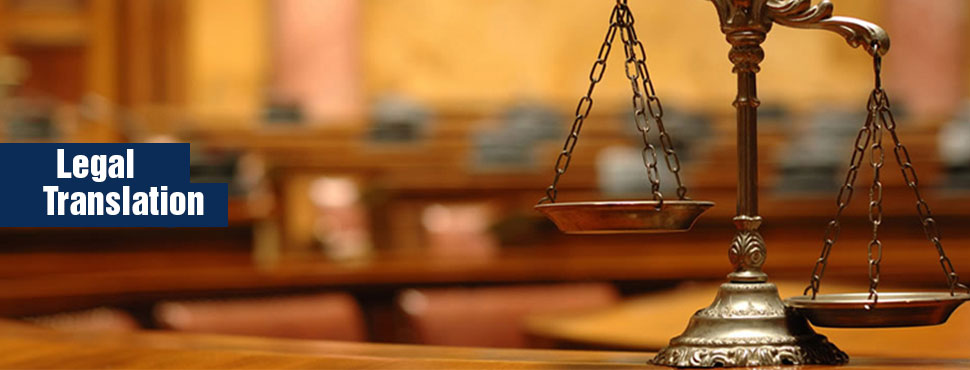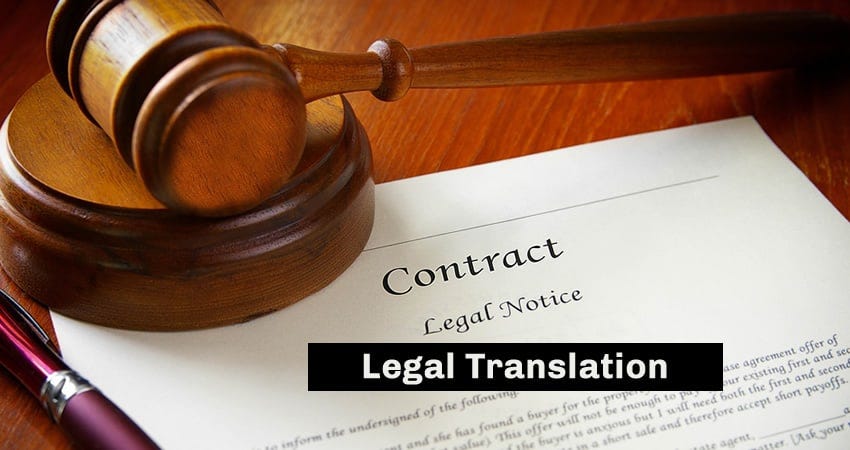Introduction
Legal Translation is more than words; it’s a bridge between languages in the intricate world of law. In this guide, we delve into the nuances, challenges, and significance of demystifying its complexity. Legal Translation serves as the cornerstone in international legal interactions, ensuring accurate communication between parties speaking different languages. This section explores its fundamental role and impact on the legal landscape.
Table of Contents
The Art and Science of Legal Translation
Navigating the legal terrain requires precision, and Legal Translation is an art and science in itself. Here, we explore the delicate balance between linguistic mastery and legal expertise, shedding light on the skills required for this task.
Challenges in Legal Translation
Navigating the intricate landscape of legal jargon demands not only linguistic prowess but a keen understanding of cultural nuances. Legal Translators grapple with the delicate task of preserving the essence of legal texts, facing challenges ranging from idiomatic expressions to preserving the intent behind complex legal concepts. The translation of specific legal terminology poses a formidable hurdle, requiring a meticulous grasp of the legal systems involved and an ability to convey precise meanings across linguistic boundaries.
Legal Translation in Practice
Embarking on the practical realm of Translation unveils its indispensable role in preserving justice across borders. In the realm of international contracts, the translator serves as a bridge, ensuring that the terms and conditions are accurately conveyed in multiple languages. Within court proceedings, the accuracy of translations becomes paramount, influencing the fair administration of justice. Real-world scenarios illustrate how the translator’s precision and attention to detail are crucial in safeguarding legal processes and ensuring equitable outcomes.
The Evolution of Legal Translation
Legal Translation has undergone a transformative journey, adapting to the dynamic intersection of law and technology. The integration of artificial intelligence and machine translation has not only streamlined the process but has also raised important questions about the ethical implications of relying on automated systems for translating legal texts. As the legal landscape continues to evolve, the role of navigating complex legal concepts and international collaborations becomes increasingly vital.

Common Misconceptions About Legal Translation
Dispelling misconceptions surrounding is essential for fostering a more accurate understanding of its intricacies. Contrary to the belief that speed compromises accuracy, this section delves into how advancements in technology, when used judiciously, can enhance both speed and precision. It also clarifies the misconception that technology replaces human expertise entirely, emphasizing the indispensable role of qualified translators in maintaining the nuance and context of legal language.
Legal Translation and Cross-Cultural Communication
Translation transcends language barriers, evolving into a powerful tool for promoting cross-cultural understanding in legal contexts. Delving into the impact of cultural nuances on legal interpretation, this exploration highlights how a nuanced understanding of cultural differences is essential for accurately conveying legal concepts. By bridging the gap between diverse legal systems, It becomes a catalyst for effective cross-border collaboration and communication.
Legal Translation Best Practices
This practical guide delineates best practices that ensure the effectiveness of Legal Translation Dubai. From the meticulous selection of qualified translators with expertise in relevant legal domains to the responsible integration of technology, these insights serve as a roadmap for achieving seamless communication in the complex realm of legal language. Emphasizing the importance of maintaining ethical standards, the guide offers practical strategies for navigating the evolving landscape of with precision and integrity.
FAQs About Legal Translation
Is Legal Translation Only for Legal Documents?
Legal extends beyond translation documents, encompassing conversations, hearings, and more. Its scope is broad, ensuring comprehensive understanding in legal settings.
How Can Technology Enhance Legal Translation?
Technology aids Translation by providing quick reference tools and enhancing efficiency. However, human expertise remains irreplaceable for accurate interpretation.
What Qualities Make a Translator Reliable for Legal Translation?
Reliability in Translation stems from linguistic proficiency, legal knowledge, and a deep understanding of cultural nuances.
Are There Industry-Specific Legal Translators?
Absolutely. Legal Translators often specialize in specific industries, such as finance, healthcare, or intellectual property, ensuring precise translation in niche areas.
How Often Do Legal Terminologies Change?
Legal terminologies can evolve due to legislative changes or societal shifts. Legal Translators need to stay updated on these changes for accurate translations.
Conclusion
In the intricate tapestry of legal communication translation, legal translation stands as a linchpin, facilitating understanding across linguistic and cultural divides. The challenges it faces underscore the need for skilled professionals who can navigate the complex web of legal language. As legal systems continue to interact globally, the role of translation remains indispensable, ensuring justice knows no linguistic boundaries.




